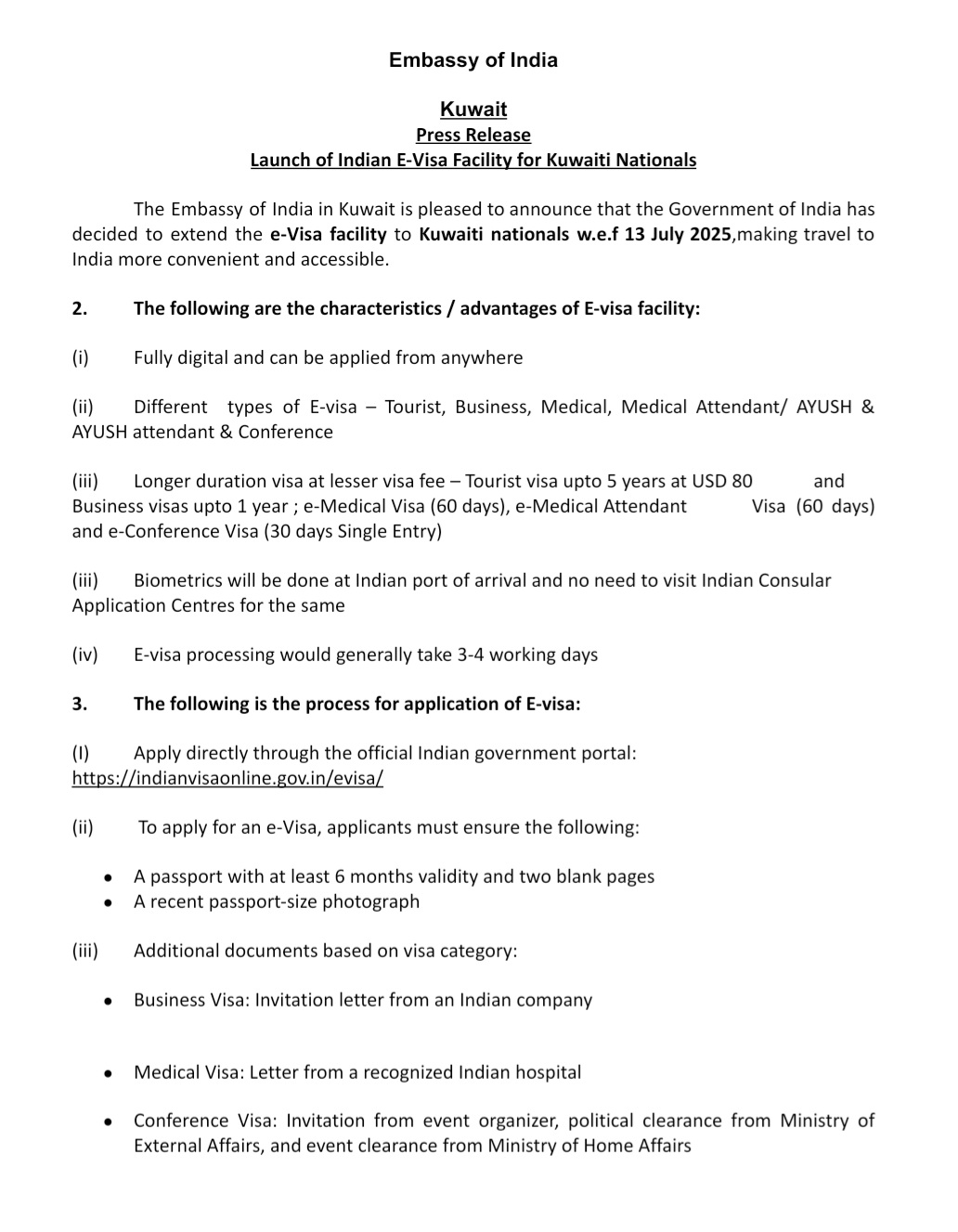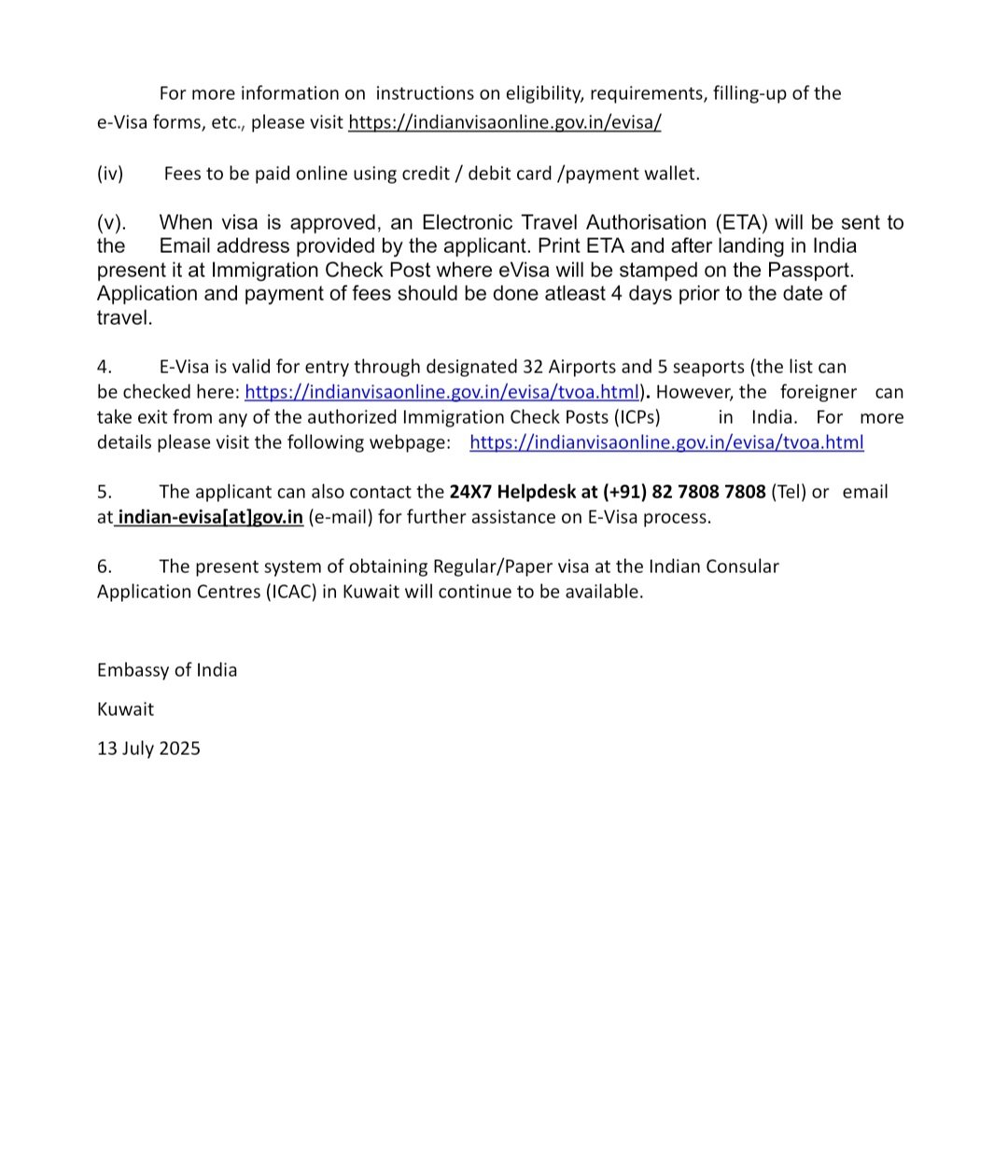Understand Kuwaiti Laws Regarding Absconding Threats Following Termination
If you’ve been officially terminated by your employer and have a valid termination letter, you are not considered absconding under Kuwaiti labor law. According to the legal framework, an absconding case can only be filed if the employee has been absent from work without notification for seven consecutive days. If you have already started working with a new employer, you are legally in the clear — assuming your visa transfer is in process.
Residency and Work Permit Transfer
Under Kuwait’s labor law (Private Sector), after an employee’s termination, the employer must either cancel the work permit or transfer it to a new sponsor within 90 days. If you have documentation proving you were terminated — and you’re actively working for another company — you are not considered absconding.
Article 42: Grounds for Absconding Reports
As per Article 42 of the labor law, a worker can be reported as absconding only if:
- They are absent from work without notice,
- They are not traceable for seven consecutive days.
Since you were officially terminated and have secured new employment, these conditions do not apply to you.
Can a False Case Be Filed?
Unfortunately, some companies may misuse the absconding mechanism to pressure former employees into compliance. While this is illegal, it does happen. If a false report is filed despite a termination letter, this is considered filing a false complaint, which is punishable under Kuwaiti law.
Steps to Take Immediately
1. Complete Your Residency Transfer Immediately
If your new employer hasn’t already processed the residency (iqama) transfer, urge them to complete it before the 90-day window closes. Once transferred, your old employer loses the authority to file any claim against you.
2. Maintain All Evidence
- Termination letter
- Communication (emails, WhatsApp, SMS) from previous employer
- New job offer or employment contract
- Civil ID copy showing ongoing work
3. Contact the Ministry of Labor (Shoon)
If an absconding case is filed:
- Visit the Ministry of Labor immediately.
- Present your termination letter and proof of new employment.
- A false report can be challenged and nullified.
4. Seek Assistance from Current Employer
Request your new employer’s HR to:
- Expedite iqama transfer,
- Provide documentation of your start date (e.g., May 4, 2025),
- Assist with legal matters if needed.
Final Advice: Act Quickly and Legally
You are not absconding. Your former HR manager is using intimidation tactics. However, time is crucial — completing your residency transfer closes the legal window for any threats.







